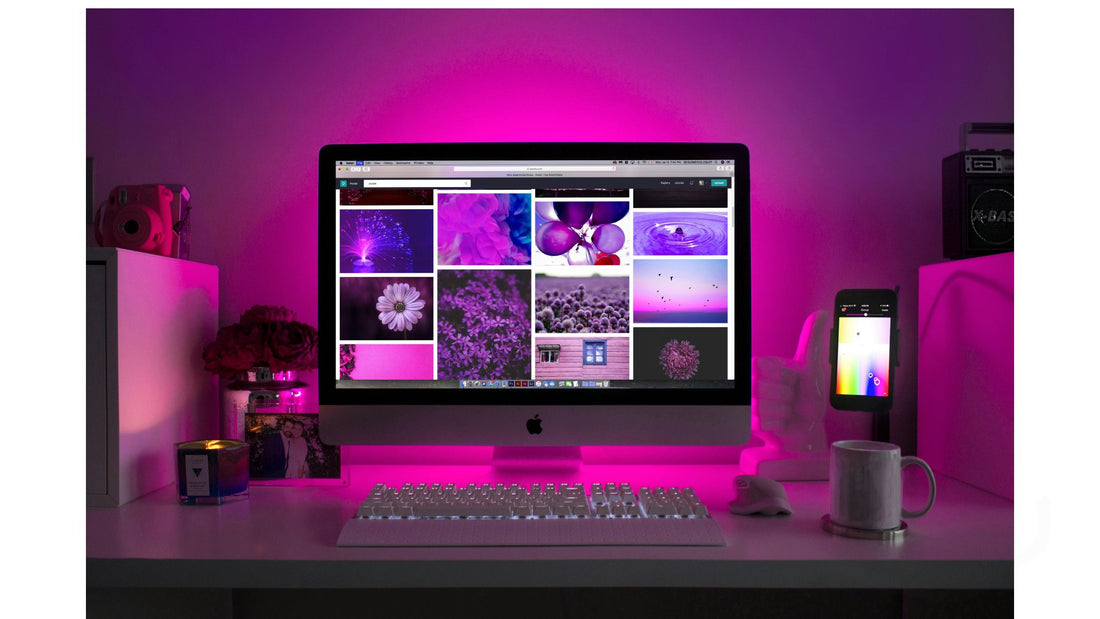
AI and the Artist
Share
AI art raises a lot of questions.
For the purpose of this post, I will focus on the ways AI effects visual artists, although it may also include music and filmmaking, etc. As AI scrapes the internet for artistic imagery, it often leaves artists feeling robbed. It takes time, even years, for artists to develop their craft and for it to be used without reference (or compensation), the injustice is clear. The use of AI also allows the creation of art to be made by anyone, narrowing the gap between the trained and untrained.
But are there any benefits of AI for artists? According to Shalwa, in Benefits of AI Art: Transforming Creativity, AI could save artists time when searching for images to use for source material. Finding the right pose, lighting, or just the right mix of inspiration can be a hassle. AI could also aid with color selection, image manipulation and creation of rough drafts, thus aiding artists with a more comprehensive starting point. Also, for the protection of the artist, there are now filters that may hinder AI from taking their images (such as Glaze, developed by the University of Chicago).
But let’s probe deeper. What are the effects of AI art in the long run? As academic, artist and filmmaker, Nathan Jacobs, points out in his recent podcast, The Artificial Intelligence Episode, it is possible that the use of AI might just make us reconsider what art truly is. For example, is there something about the human experience that makes a work of art made by a human more valuable?
While I do think there is a place for AI art, art made by a human is not something that can be replaced. True art reflects the emotions, thoughts, and the spirit of a human. It is brave. It is honest. It is original. Skillful art requires humility. It is personal when done with honesty and depth.
True art also has mistakes. In fact, there is an old Egyptian proverb that says, “a beautiful thing is never perfect”. Those drips, those leftover pencil marks, all those tiny imperfections are important to the final product. They show the process, they are reminders of our vulnerability, imperfections woven into the human fabric.
Essayist, Kim Brinkerhoff, gives us an even grander view of art through the lens of Scripture. She writes in We Create Because God Created First, “creativity before the fall was perfect, beautiful, and flourishing. Now it is riddled with the effects of sin. Because of sin, art is also broken and can never fully depict the truth of God’s world. Even though it is broken, art provides a way for us to see both the simplicity and complexity of life. It helps us think about the way life was, the way it is now, and the hope of the restoration to come.”
If AI mechanically steals images from artists, could it be the effect of a system made without ethics, a broken world - not necessarily the AI art itself? A machine does not have a conscience. Yet it can still leave an artist feeling replaced or dejected. Should that artist continue to create? Absolutely. Art is a bridge that helps us to relate to one another. As Brinkerhoff continues, it is the “common denominator of life’s experiences regularly overlap[ing] with other human beings.” And we need human art because it reminds us who we are and picks up when words (or the pieces of machinery) fail.
Additionally, we are all made to create (whether it's brownies, a song on a guitar or finding a creative way to use a wrench to fix a car). That is because we are made in the image of a Creator. The arrival of AI does not change that. But it should help us rethink what we value. It should raise the standard of art.
While doctor offices and businesses want art that is "pleasant", and putting up a canvas to just add a splash of color to a wall isn't criminal, are there times when art can be more than that? Why does beauty matter? How does what we have on our walls effect us? Can it remind us of good things, or even the best things? Can it inspire? Can it nourish? Can it point to truth? Can it give hope?
I think so.
To the viewer, keep these questions in mind. Because the reality is that as AI advances (and it will), it will effect those who make a living from their art. And it will challenge anyone who makes it. Are there ways we can rise up to support or encourage them? Will it change how we, as consumers, view art?
And to the artist, as Brinkerhoff exhorts, [continue to] find satisfaction, joy, and contentment in the ‘doing of art’ as it drives us to connect with the Artist who does all things well, and to this day, has a brush and palette in hand when it comes to the canvas of you and me."
So paint on, artist.
Be courageous.
Paint on.